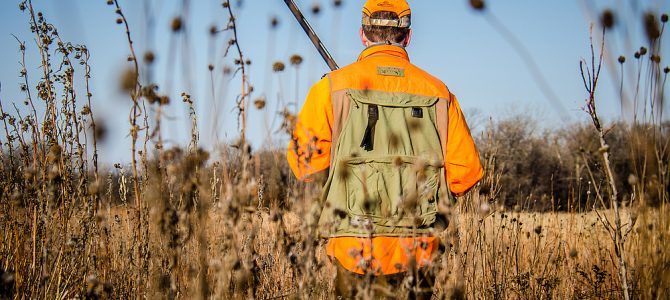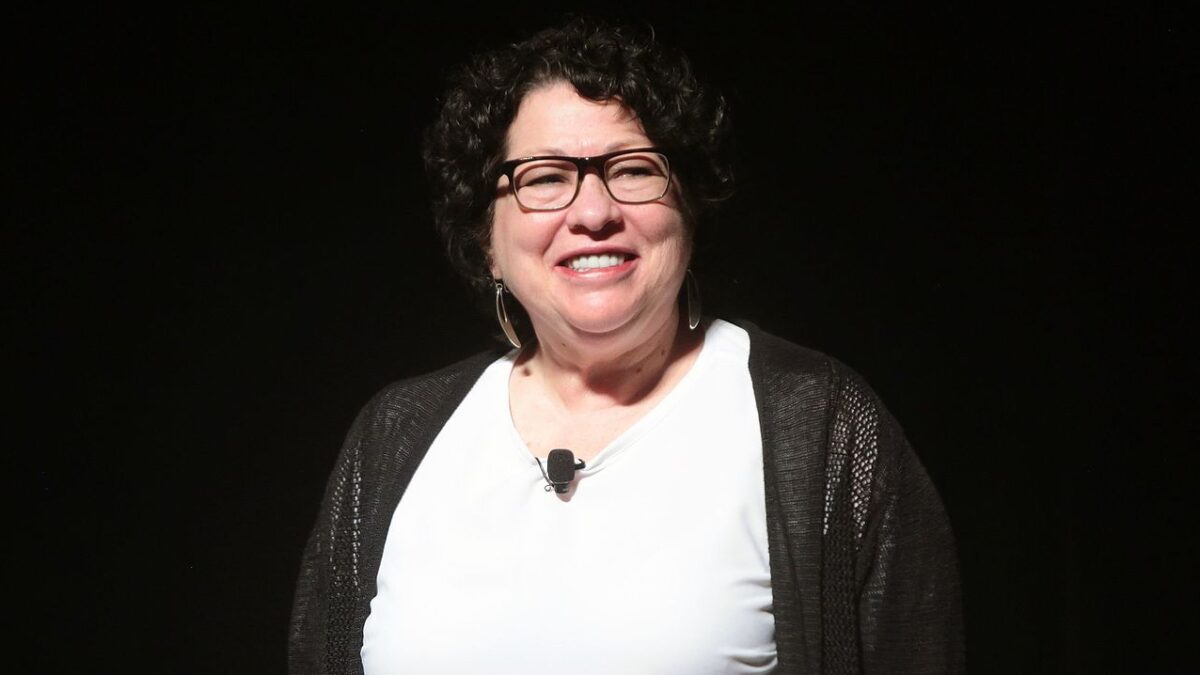
This week has been a busy one in politics, but there are other things to focus on, as well. For much of the Midwest and West, it’s the beginning of big game hunting for the season. Blaze orange hats, vests, and coats are frequent sights in trucks and fields, and this traditional American pastime is more than worth passing on to our children. Teaching our young adults to hunt, and how to master the skills that responsible hunting requires, is valuable and helps shape our kids into people who truly respect nature.
Non-hunters might think hunting is merely about killing animals, but that simply isn’t so. Responsible hunting encompasses far more than the hoped-for end result for most of us: meat in the freezer. From wildlife conservation and management to outdoor survival skills and respect for the environment, the patience and precision to develop accurate and safe shooting skills to the skills needed to track game and navigate terrain, hunting teaches many valuable skills that young people and adults benefit from knowing.
Hunting Is Conservation
No matter what side you’re on politically, common sense and research say that time outside in nature is good for us. It’s great for kids, and there’s plenty of programs, both private and government-sponsored, that aim to get kids active outside and engaged with something other than a screen. Hunting does this, and it does so without the hokiness of a planned, orchestrated, one-time event.
Hunting, especially successful hunting, requires attention and engagement with the world around you. It’s hard to spot a deer or elk if you aren’t quiet and attentive, and it’s even harder to position yourself for an ethical and clean shot if you aren’t paying attention to your surroundings. It’s ongoing, for both the season and the years to come, and many hunters make it a lifelong practice.
It might not seem like hunting and conservation have a lot in common, but hunting requires both maintaining sustainable habitats and healthy animal populations. With the management and funds hunters use to preserve and assist wildlife populations, animals like whitetail deer, elk, wild turkeys, ducks, and pronghorn are far more prolific than they were in 1900.
Even the frequent hullabaloo over trophy hunting ignores that those, too, have a valuable place in conservation efforts. Hunters themselves requested an 11 percent federal tax on guns, ammo, bows, and arrows, and these taxes have raised billions for conservation. In addition, hunters pay license fees and hunting requires participation in hunter’s safety classes, where potential hunters both young and old learn about laws, gun and bow handling, survival in the outdoors, and more.
Wild Game Is Happier, More Ethical, and Tastier
It’s true that successful hunting ends in the death of an animal. Since only 3.2 percent of Americans are vegetarians, though, most of us do actually eat meat. That meat has to come from somewhere, so why not an animal that didn’t live confined on a farm, but in its natural habitat? In addition, in a fair hunt every single animal has a sporting chance at surviving to another day, which is not the goal for factory-farmed meat.
Instead of remaining disconnected from where our food truly comes from, hunting allows kids to see the whole process of how meat goes from living animal to nourishing food on the table, and brings them closely into preparing their game for the freezer. It can be daunting to see hundreds of pounds of an animal, then working through how that becomes a hamburger or steak, but learning how to field dress, cut, and then grind and wrap the meat helps children respect the importance of animals in our food chain. Meat doesn’t magically appear in the butcher shop, clean and wrapped in cellophane. It comes from a real animal, and most parts of that animal are useful and useable.
Before she was ever ready to actually go hunting, my daughter spent hours learning safety information about firearms and the outdoors. She practiced extensively, under close supervision, at the gun range, and walked along for hours on hunts with relatives and other adult hunters, watching and learning, practicing compass skills and observing how to move quietly outside. She had to apply for licensing, and with help researched the laws of the state she hunted in. Hunting has provided her with focused quality time with her father, other relatives, and nature, and allowed her to learn more about herself, her environment, and America’s laws about guns and hunting.
If you’ve never considered hunting yourself, or if you’re a hunter already and haven’t yet taken your teens, consider enrolling together in hunter’s safety and researching the benefits hunting can have for your whole family. Get outside in nature, become an active part of obtaining your food, and bond with your kids. You’ll never regret it. Hunting with your kids will connect you in a way that politics never can, and never should.









